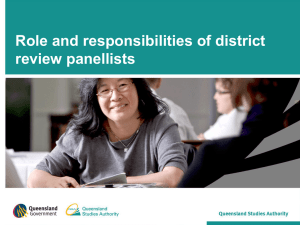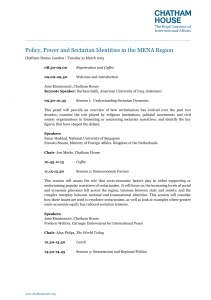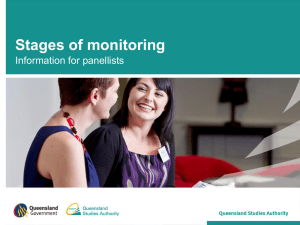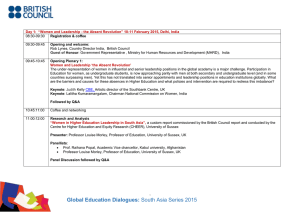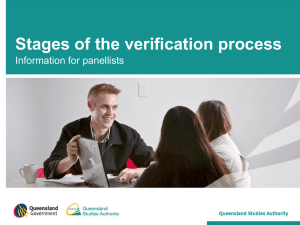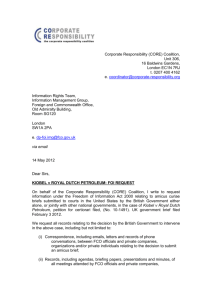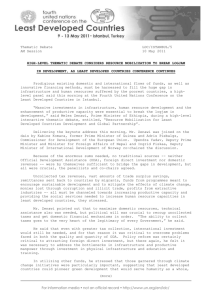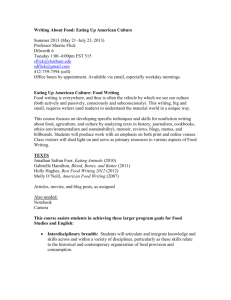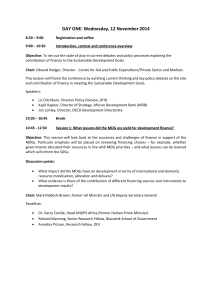Draft Agenda docx
advertisement
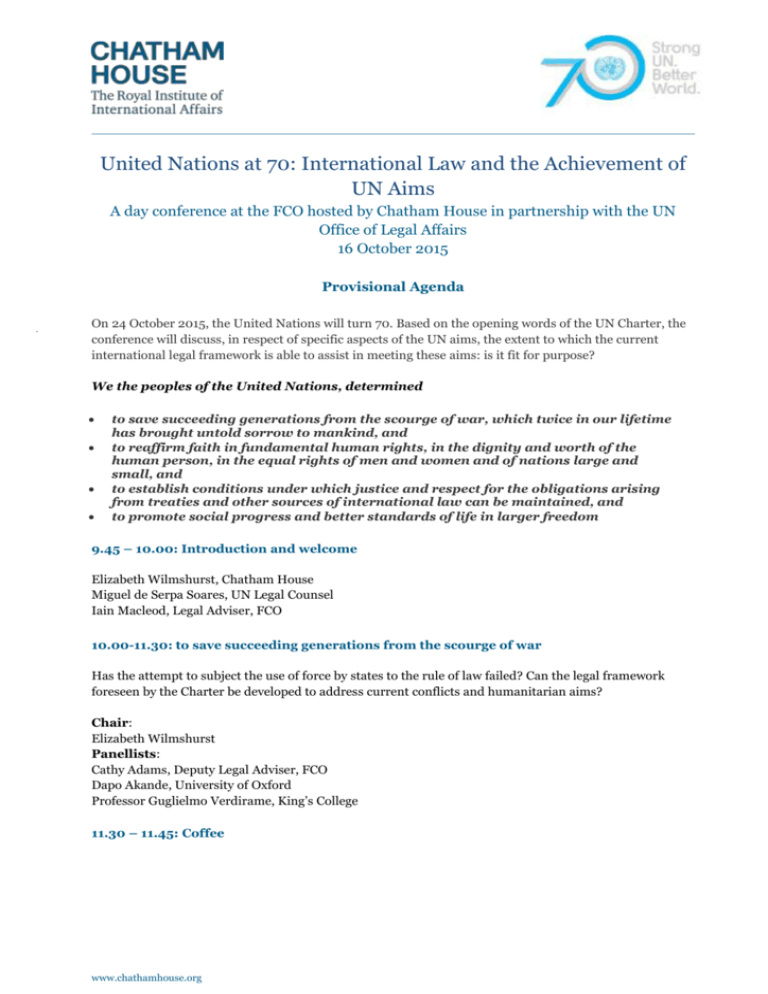
United Nations at 70: International Law and the Achievement of UN Aims A day conference at the FCO hosted by Chatham House in partnership with the UN Office of Legal Affairs 16 October 2015 Provisional Agenda On 24 October 2015, the United Nations will turn 70. Based on the opening words of the UN Charter, the conference will discuss, in respect of specific aspects of the UN aims, the extent to which the current international legal framework is able to assist in meeting these aims: is it fit for purpose? We the peoples of the United Nations, determined to save succeeding generations from the scourge of war, which twice in our lifetime has brought untold sorrow to mankind, and to reaffirm faith in fundamental human rights, in the dignity and worth of the human person, in the equal rights of men and women and of nations large and small, and to establish conditions under which justice and respect for the obligations arising from treaties and other sources of international law can be maintained, and to promote social progress and better standards of life in larger freedom 9.45 – 10.00: Introduction and welcome Elizabeth Wilmshurst, Chatham House Miguel de Serpa Soares, UN Legal Counsel Iain Macleod, Legal Adviser, FCO 10.00-11.30: to save succeeding generations from the scourge of war Has the attempt to subject the use of force by states to the rule of law failed? Can the legal framework foreseen by the Charter be developed to address current conflicts and humanitarian aims? Chair: Elizabeth Wilmshurst Panellists: Cathy Adams, Deputy Legal Adviser, FCO Dapo Akande, University of Oxford Professor Guglielmo Verdirame, King’s College 11.30 – 11.45: Coffee www.chathamhouse.org Page 2 of 2 11.45 – 1.15: to reaffirm fundamental human rights To what extent have international human rights laws and institutions succeeded in achieving the UN vision of a world in which human rights are realised? What is their contribution to preventing atrocities and addressing humanitarian challenges presented by current armed conflicts? Chair: Sonya Sceats, Chatham House Panellists: Tawanda Mutasah, Senior Director for International Law and Policy, Amnesty International Bertrand Ramcharan, former acting UN High Commissioner for Human Rights Professor Sun Shiyan, China Academy of Social Sciences 1.15– 2.15: Lunch 2.15 – 3.30: to establish conditions under which justice and respect for the obligations arising from treaties and other sources of international law can be maintained The ICJ has far more cases before it than in the first decades of the UN. But how can its jurisdiction be further used? What has been its contribution in preventing conflicts through peaceful settlement of disputes? What about the other courts and institutions set up under treaties under the UN system? Chair: Sir Franklin Berman, Essex Court Chambers Panellists: Judge Theodore Meron, President of ICTY and MICT James Sloan, University of Glasgow 3.30 – 4.45: to promote social progress and better standards of life in larger freedom Are economic and social rights the poor relation of the human rights system, at least so far as the West is concerned? How can this fourth aim of the UN be further achieved? To what extent can the law support the achievement of the Sustainable Development Goals? Chair: Professor Christine Chinkin, London School of Economics and Political Science Panellists: Professor Geraldine van Bueren, Queen Mary University of London (tbc) Dr Margot Salomon, London School of Economics and Political Science 4.45 – 5.00 Conclusion Elizabeth Wilmshurst and Miguel de Serpa Soares/Stephen Matthias
